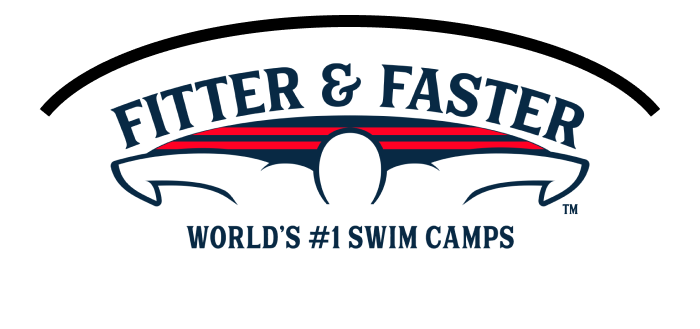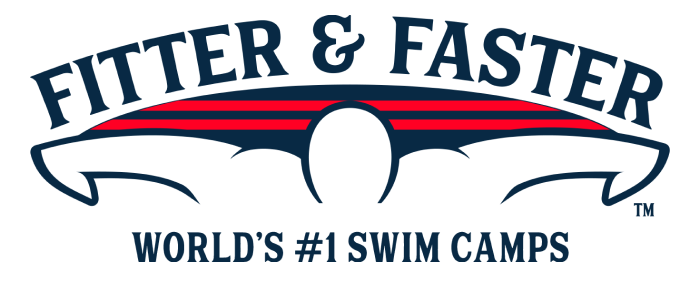Sarah Henry
In
Sarah Henry2017-10-122017-10-12https://fitterandfaster.com/wp-content/uploads/2023/11/ff_logo_stroke2.pngFitter and Faster Swim Campshttps://fitterandfaster.com/wp-content/uploads/2023/11/ff_logo_stroke2.png200px200px

Parents are invited to come to the introduction at each swim camp and also the “wrap up” at the end. During these sessions the clinicians review what was learned during the camp and also answer a wide range of questions including balancing school and swimming, nutrition and more.
We can integrate additional time for clinicians to speak with parents on a variety of topics at the swim camps. Topics may include best methods for supporting your child; the coach-athlete-parent relationship; Growth Development & Performance; Can my/Should my child swim in College.
Save on Swim Camps through November 28th!
Save on Gift Cards that never expire!
Receive a FREE Large Fitter & Faster Beach Towel with your purchase of 1 or more swim camp sessions.
When: From Thursday (9/2) at 7pm EST until Monday (9/6) at 11:59pm EST
Use Code: LABORDAY
Limited to 250 customers only!
*Add the towel you want (Blue, Pink or White) to your cart along with all of the session(s) and/or bundles you want to register for. Click Here to add a towel. At checkout, enter the promo code “LABORDAY” and the cost of the towel will be removed from your purchase! This is a savings of $29!
FLASH SALE: ONE DAY ONLY!
In celebration of the competition to name the USA Olympic swim team and one of our past participants making the 2021 USA Olympic Team, we are having our FIRST EVER one day only FLASH SALE!
What: SAVE 25% off all June & July camps
When: 24 hours only! From Tuesday (6/15) at 7pm EST until Wednesday (6/16) at 7pm EST
Use Code: Trials2021
Limited to 250 customers only!
*If you have already registered for a June or July camp you are eligible to receive a 25% discount on any 2021 camp that you register for through the rest of the year! If you are already registered for a June or July camp please email patty@fitterandfaster.com before 9am EST on Friday, June 18th to receive your 25% off code. The code you receive will be valid for 24-hours once you receive it.
Session Times:
May Camp (at Matthews Tennis and Swim Club – 2110 Pleasant Plains Rd, Matthews, NC 28105)
– Group B: Check in 12:00 PM, Clinic 12:15 PM-2:45 PM
– Group A: Check in 3:30 PM, Clinic 3:45 PM-6:45 PM
August & November Camps (at Mecklenberg Aquatics Center – 800 E M.L.K. Jr Blvd, Charlotte, NC 28202)
Group A
– Saturday: Check in 11:30 AM, Clinic 11:45 AM-2:45 PM
– Sunday: Check in 2:30 PM, Clinic 2:45 PM-5:45 PM
Group B
– Saturday: Check in 8:00 AM, Clinic 8:15 AM-10:45 AM
– Sunday: Check in 11:00 AM, Clinic 11:15 AM-1:45 PM
Group Assignments:
May 8-9: Explosive Performance: Starts & Turns Camp
at Matthews Tennis and Swim Club (2110 Pleasant Plains Rd, Matthews, NC 28105)
– Group A: 100 yd Freestyle – 1:03 and faster
– Group B: 100 yd Freestyle – 1:04 and over
August 14-15: Comprehensive Breaststroke Racing Camp
at Mecklenberg Aquatics Center (800 E M.L.K. Jr Blvd, Charlotte, NC 28202)
– Group A: 100 yd Breaststroke – 1:20 and faster
– Group B: 100 yd Breaststroke – 1:21 and over
November 6-7: Race Strategy Camp: The 50 and 100’s
at Mecklenberg Aquatics Center (800 E M.L.K. Jr Blvd, Charlotte, NC 28202)
November 6: Race Strategy – 100’s
– Group A: 100 yd Freestyle – 1:03 and faster
– Group B: 100 yd Freestyle – 1:04 and over
November 7: Race Strategy – 50’s
– Group A: 50 yd Freestyle – Boys 27.5 and faster, Girls 29.5 and faster
– Group B: 50 yd Freestyle – Boys 27.6 and over, Girls 29.6 and over
See below for which group you should register!
Time Standards
April 10: This session will focus on faster racing in distances 200 yds of any stroke, but groups will be based on your swimmer’s 200 yd freestyle time
Group A: 200 yd Freestyle – 2:18 and faster
Group B: 200 yd Freestyle – 2:19 and over
April 11: This session will focus on faster racing in distances 100 yds of any stroke, but groups will be based on your swimmer’s 100 yd freestyle time
Group A: 100 yd Freestyle – 1:03 and faster
Group B: 100 yd Freestyle – 1:04 and over
September 11-12:
Group A: 50 yd Freestyle – Boys :27.5 and faster, Girls :29.5 and faster
Group B: 50 yd Freestyle – Boys :27.6 and over, Girls :29.6 and over
May 22-23: High Performance Speed & Power Camp
– Group A: 50 yd Freestyle – Boys :27 and faster, Girls :29 and faster
– Group B: 50 yd Freestyle – Boys :28 and over, Girls :30 and over
August 14-15: Race Strategy Camp: The IMs
– Group A: 100 yd IM 1:15 and faster -OR- 200 yd IM 2:40 and faster
– Group B: 100 yd IM 1:16 and over -OR- 200 yd IM 2:41 and over
See below for which group you should register!
April 10-11: Comprehensive Freestyle Racing Camp
Groups are based on your swimmer’s 100 yard freestyle time
– Group A: 1:10 and faster
– Group B: 1:11-1:29
April 17-18: Comprehensive Backstroke Racing Camp
Groups are based on your swimmer’s 100 yard backstroke times
– Group A: 1:15 and faster
– Group B: 1:16-1:41
This camp was originally scheduled for December 5 & 6 but is being rescheduled for 2021 due to Covid restrictions at the time of the original camp. We are working with the facility to get a new date and we will let you know as soon as we can when that new date will be. Please do not hesitate to contact us with any questions or concerns.
SAVE on Fitter and Faster gear when you purchase registrations!
* Offer valid through December 25th at midnight!
** Gear must be purchased WITH registrations. Add gear to your purchase of registrations.


